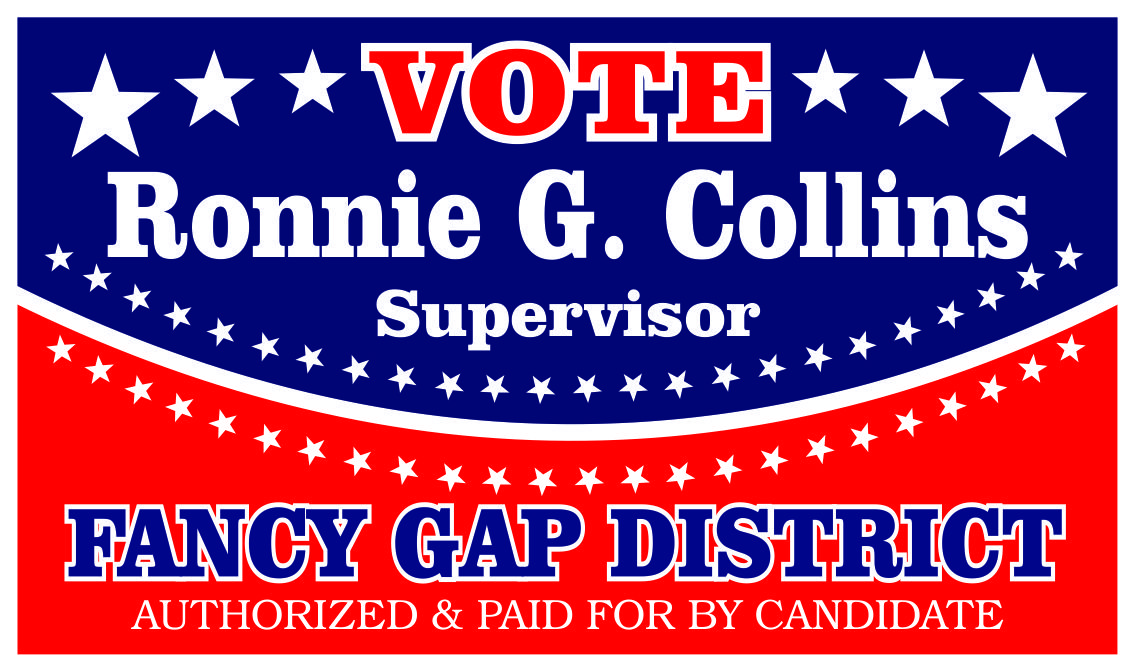Another great Leadership Book by Jim Collins and this time with Morten T. Hansen of which before this book I had been unfamiliar with. First I just want to share a few of my favorite quotes from the book and then the premise.
” The signature of mediocrity is not an unwillingness to change; the signature of mediocrity is chronic inconsistency.”
”The critical question is not “Are you lucky?” but “Do you get a high return on luck?”
”Greatness is not a matter of circumstance; greatness is first and foremost a matter of conscious choice and discipline.” This is my favorite.
”None of us can predict with certainty the twists and turns our lives will take. Life is uncertain, the future unknown. Yet the task of mastering our own fate remains. ”
You shouldn’t wait until you are in an unexpected storm to discover you need more strength. You don’t wait until you are shipwrecked to find out if you can eat raw dolphin. (This is one of the concepts from the book and not a direct quote.)
The following are the 3 concepts found in the successful over the long haul companies they studied.
Fanatic discipline: Discipline, in essence, is consistency of action—consistency with values, consistency with long-term goals, consistency with performance standards,
consistency over time. Discipline is not the same as regimentation. True discipline requires the independence of mind to reject pressures to conform in ways incompatible
with values, performance standards, and long-term aspirations.
Empirical creativity: They relied on researched empirical evidence. They don’t look to conventional wisdom during a time of uncertainty, nor to other’s opinions—they look for empirical evidence.
Productive paranoia: They maintain hyper-vigilance in good times as well as bad. Even in positive conditions, they constantly consider that events could turn against them at any moment. In fact, they expect it—and recognize that they better be prepared when it does. By embracing the myriad of possible dangers, they put themselves in a superior position to overcome danger.
Note: it isn’t just that they were disciplined, or paranoid—the difference is that they took those qualities to an extreme that few others did.
Here is something I love about the book.
Fire bullets, then follow with Cannonballs. To find what works, don’t risk the whole, fire bullets, find out what works and when you find it, then fire the cannonballs. And by the way, fire lots of bullets.
And finally, a lengthy quote that I think tells the whole story of the book.
[We sense a dangerous disease infecting our modern culture and eroding hope: an increasingly prevalent view that greatness owes more to circumstance, even luck, than to action and discipline—that what happens to us matters more than what we do. Our research evidence stands firmly against this view. This work began with the premise that most of what we face lies beyond our control, that life is uncertain and the future unknown. And luck plays a role for everyone. But if one company becomes great while another in similar circumstances and with comparable luck does not, the root cause of why one becomes great and the other does not simply cannot be circumstance or luck. Indeed, if there’s one overarching message arising from our
research, it is this: greatness is not a matter of circumstance; greatness is first and foremost a matter of conscious choice and discipline. The factors that make a company great lie largely within the hands of its people. It isn’t a matter of what happens to them but a matter of what they create, what they do, and how well they do it. We are not imprisoned by our circumstances, our luck, or the inherent unfairness of life. We aren’t imprisoned by the times in which we live, our previous mistakes, or our past successes. In the end, we can control only a tiny sliver of what happens to us. But even so, we are free to choose, free to become great by choice.
Ronnie


